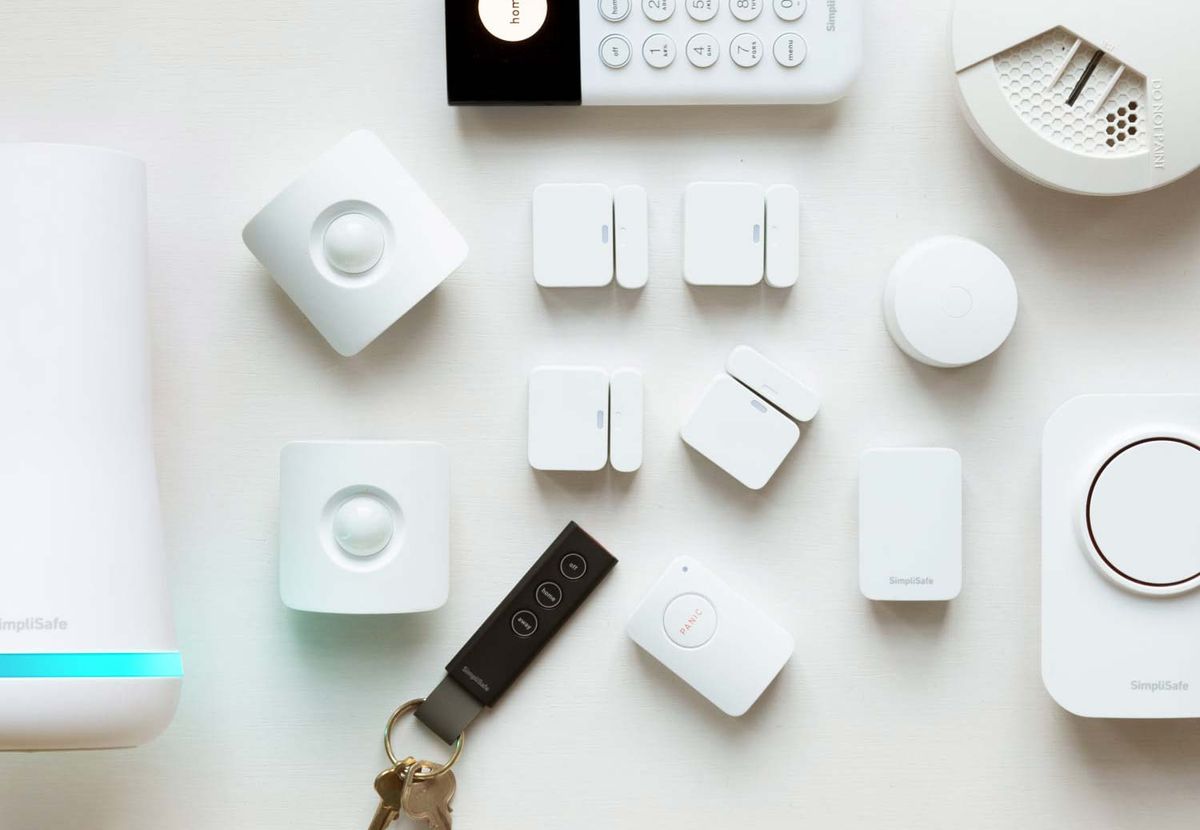
Security is a common concern for everyone living in the USA, considering the high rate of property crimes. As such, it’s no surprise if you’re thinking of tightening the safety around your home. Installation is one of the biggest concerns when securing your home, since the type you settle on has a lot of impact on the security company you choose. Find out more about the two different installation types available for you and which one matches your needs best in this article.
The Difference between Professional and DIY Home Security Installation
You have two installation options: hire a professional to do it or fold your sleeves and tread the DIY route. Whichever direction you choose, you’ll still arrive at your desired destination; secure your home.
However, not all styles are practical in every situation. Again, the security company you choose to purchase equipment from also determines the kind of installation that will be right for you. That’s because some home security firms exclusively offer their equipment for DIY installations, others prefer professional connections, while some allow you to choose which style you prefer.
Nature of Equipment
The nature of the equipment you want to fix will also determine the correct installation type. For instance, equipment designed exclusively for hardwired installation may not be efficient for a DIY installer. That’s because drilling the walls, and making the correct connections, may require some level of professionalism which you may not have.
Similarly, any equipment that requires a power connection may also need expertise in handling electricity, which not everyone has. However, any wireless and less complex connection that doesn’t require profound professionalism can be anyone’s food.
Some of the components that may require a professional installation include smart door locks, outdoor cameras, wired doorbell cameras, window sensors, and other appliances that need power connection or drilling. However, most peel-and-stick sensors don’t need any expertise and can be best for a DIY master.

Services
The type of service you want has a lot to do with the style of installation to consider. Most professional connections come with 24/7 monitoring from the company, so you entirely relax and leave your security in the hands of experts. Even better, they send you notifications and may alert the authorities when there’s a need.
Installation and Monitoring Fees
However, the perks come at a commitment and a fee. First, most professionally installed systems work under contract, typically between one and three years. Again, you’ll have to pay extra fees for the installation (except for a few companies that include it in their package for free) and monthly monitoring charges.
On the other hand, most DIY options don’t have many commitments, making them ideal for renters. While it may cost you more upfront, you won’t have to think of additional installation or monthly monitoring costs unless you request (some companies offer monitoring services as an add-on to their DIY customers).
Expert Installations
Another significant distinction between the two types of installation is the level of expertise. Professional installation means having a trained technician to handle all the equipment and ensure they’re effective and operational before leaving your premises.
As a result, you can rest assured that the installation meets industry standards and that your system is safe and effective. If you encounter any problems, you have an option to contact your installer and complain.
Contradictorily, a DIY installation entirely depends on your ability to follow video and manual instructions and implement them. While you may have an option to seek guidance via phone, the company isn’t liable for any installation defects and fails. Again, the success of the whole project depends on your technological savviness.
Whether you choose to install your home security system personally or hire a professional entirely depends on you. However, it’s essential to consider the components your home will need, your availability, and level of technology savviness, and go for the best suitable choice.



